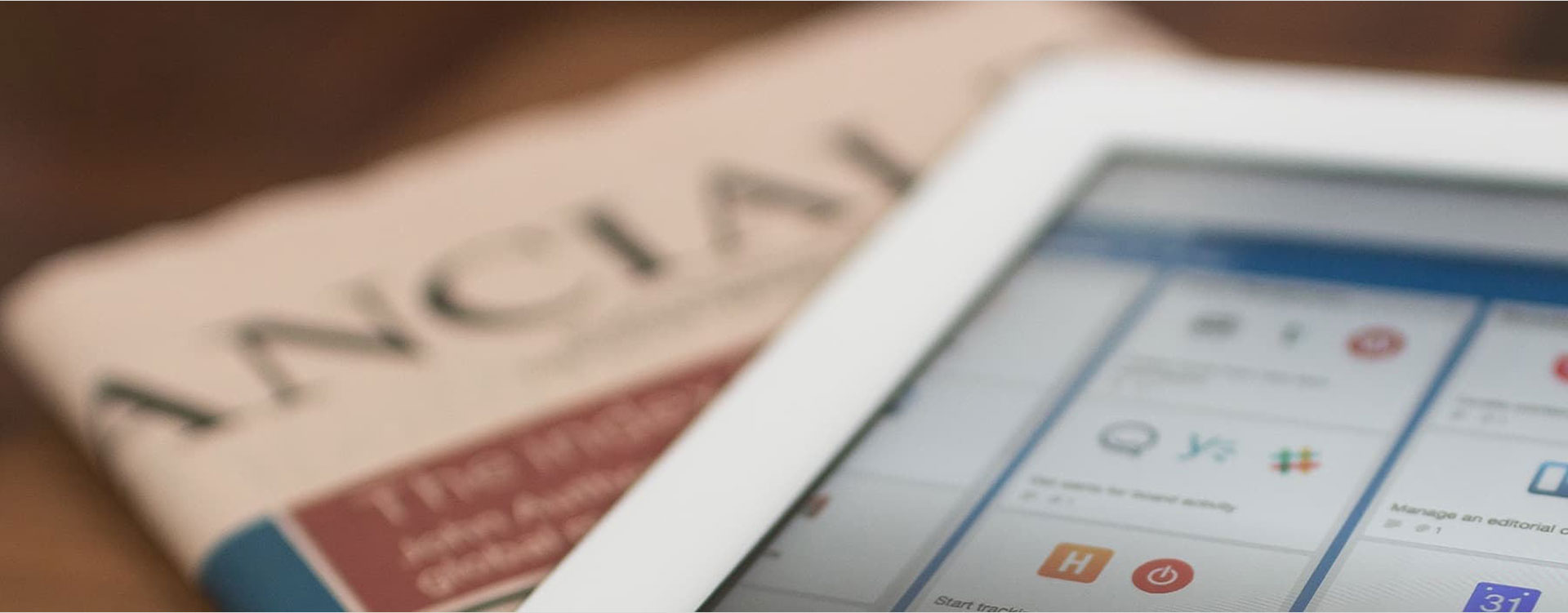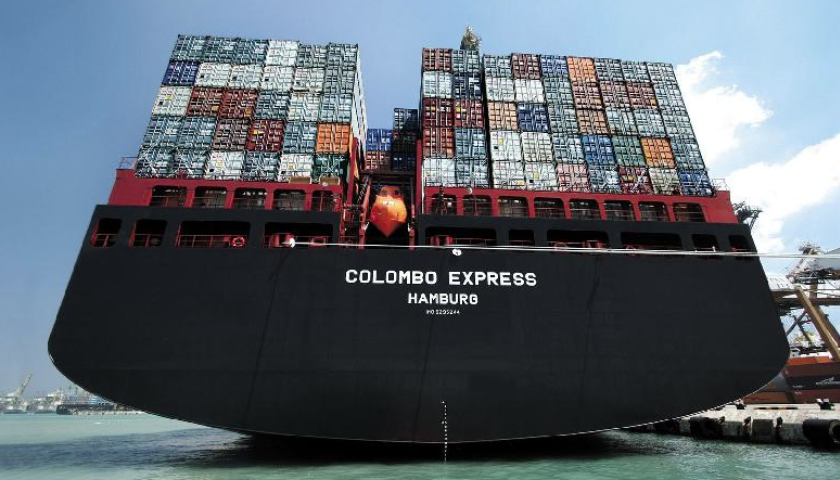
The e-commerce market in Brazil is undoubtedly huge, with 212 million residents, of which over 150 million are internet users. However, the complex and demanding logistics clearance issues have deterred many sellers. It is understood that over 80% of the logistics problems encountered by sellers in the Brazilian e-commerce market are related to logistics clearance. Brazil faces multiple difficulties in customs clearance. How should Chinese sellers respond?

1. Heavy taxes
Brazil is a country with high taxes. If the imported goods are enterprises, regardless of the type and purpose of the goods, they must pay customs duties as required in order to smoothly clear customs. Brazilian tariffs range from 0% to 35%, with an average tax rate of 22.7%. Goods imported by mail or Express mail with a value of less than US $3000 shall be subject to tariff at 60% of the CIF price.
The CIF price not only includes product costs, but also includes logistics freight, insurance, and other expenses. Heavy taxes are not friendly to all imported goods, which will increase product costs, reduce product competitiveness and profits.
2. Strict customs clearance
Brazil has always been a country with strict officials. Especially after the new President of Brazil took office in 2018, in order to combat corruption, customs officials around the world implemented a transfer system. Once problematic goods are discovered, customs officials from other regions are transferred to inspect the goods, and customs clearance of the goods becomes more stringent.
Strict customs clearance not only increases the clearance time, but also has a high probability of accidents. Many small problems can be discovered by staff, leading to the detention or return of goods.
3. The customs clearance procedures are very complex
Brazil not only attaches great importance to tariffs, but also has strict customs clearance procedures. For example, when the bulk cargo is imported to Brazil for customs clearance, the system will automatically submit the Customs declaration from the cargo Customs declaration. After submission, the system will analyze according to factors such as Import behavior, goods nature, quantity and price, importer's tax payment, export location, and origin, and then allocate them to different customs clearance channels for classified sampling inspection.
Generally speaking, Brazilian customs will issue inspection results within 5 working days, but if goods are sampled, more time is required.
4. Personal items are equally difficult
In addition to B2B goods trade, it is equally difficult for businesses to handle private parcels between individuals and between individuals. Similarly, upon arrival in Brazil, private packages will be distributed to different customs for inspection based on information such as transportation vehicles and item weights. If inconsistent declaration information, low declaration, or incorrect documents are found during the inspection, they will be considered smuggled goods and will be detained and returned.
5. The punishment is heavy
Brazilian customs impose heavy penalties on goods declared non compliant. On the one hand, it is a heavy penalty, which can be directly fined based on the declared value of the goods. Many sellers are filled with complaints. On the other hand, the punishment measures are relatively strict, and any issues found during the audit can be directly returned through customs arranged express delivery, without giving the seller too much reaction time.
How should Chinese international logistics sellers respond?
Although Chinese sellers face high tariffs, strict requirements, responsible procedures, and severe penalties from Brazilian customs, if we can comply with customs clearance, we can reduce many risks. For example, most of the goods recently detained by Brazilian customs are due to non-compliance with Brazil's relevant import qualifications or requirements.
In terms of tariffs, products sold by Chinese sellers to Brazilian consumers typically have lower unit prices and lower profits. Compliance declaration can reduce product profits, but under strict customs clearance conditions in Brazil, non-compliance declaration faces greater risks. Therefore, in the face of problems with Brazilian logistics customs clearance, it is recommended that sellers comply with customs clearance regulations to reduce product profits and air freight operational risks.
 Home
Home
 Business
Business
 News
News
 Contact
Contact